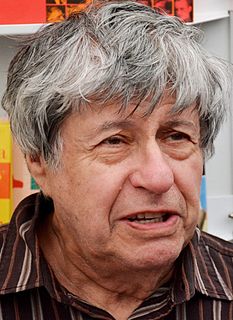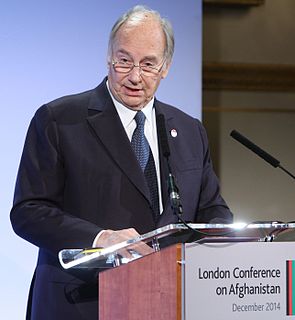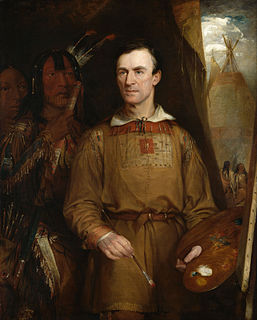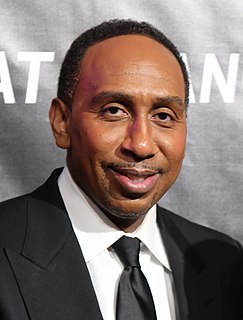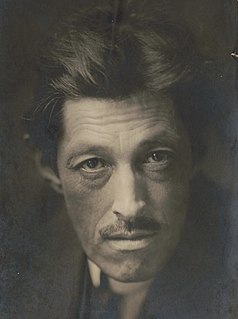Цитата Ивана Климы
Каждые несколько секунд в свет выходит новая книга. Большинство из них будут просто частью гула, из-за которого мы плохо слышим. Даже книга становится инструментом забвения. Подлинно литературное произведение рождается как крик протеста его создателя против нависшего над ним, над его предшественниками и современниками забвения, над его временем и языком, на котором он говорит. Литературное произведение — это то, что бросает вызов смерти.
Темы цитат
Против
одинаковых
Становление
Создатель
книги
Плач
День
Смерть
Даже
каждые
несколько
Забывание
Тяжело
слышать
Его
Его
гул
Инструмент
Просто
быть
Языком
Легкий
Литературный
Создание
самой новой
новой
книги
по
части
Предшественники
Протест
Секунды
Видит
Что-то
Говорит
с ними
Время
Действительно
Мы
будем
работать
Связанные цитаты
Книга — это уникальный прочный объект, которым можно в полной мере наслаждаться, не повреждая его. Книга не требует топлива, еды или обслуживания; это не очень грязно и редко издает шум. Книгу можно перечитывать снова и снова, а затем передавать друзьям или перепродавать на гаражной распродаже. Книга не разобьется и не замерзнет и будет работать, если ее заполнить песком. Даже если он упадет в ванну, его можно высушить и закончить. Для работы с книгами не требуется специальной подготовки.
Его [Тюрго] первым важным литературным и научным трудом был трактат «О существовании Бога». От него осталось немного фрагментов, но нам помогает понять его, когда мы узнаем, что он утверждал и сохранял до конца своей жизни свою веру во Всемогущего Творца и Хранителя Вселенной. Действительно, в более поздний период его врагам, разгневанным его терпимостью и реформаторскими планами, соответствовало провозглашение его атеистом; но такого рода обвинения во все времена были самым распространенным оружием против беспокойных мыслителей.
Томас ткнул большим пальцем через плечо и поднял брови. — Ты познакомился с нашим новым другом? Михо ответил, ухмыляясь на его лице. «Настоящая работа, этот парень. Я должен купить себе один из этих шак-костюмов. Причудливые вещи». — Я проснулся? — спросил Томас. — Ты проснулась. А теперь ешь — ты выглядишь ужасно. Почти так же плохо, как Человек-Крыса вон там, читающий свою книгу.
Мой дедушка был очень одаренным человеком, и среди его многих качеств одно всегда особенно импонировало мне. Если прошлое было книгой, которую он читал и перечитывал много раз, то будущее было лишь еще одним литературным произведением искусства, в которое он вкладывал себя с глубокой мыслью и сосредоточенностью. Бесчисленное количество людей после его смерти рассказывали мне, как он читал в будущем, и это, безусловно, было одной из его очень сильных сторон.
Я терпеть не могу Толстого, и чтение его было самой скучной литературной обязанностью, которую мне когда-либо приходилось выполнять, его философия и его смысл жизни не только ошибочны, но и злы, и тем не менее, с чисто литературной точки зрения, на его собственных условиях, я должны оценить его как хорошего писателя.
В детстве я слышал снова и снова, до скуки, что «тяжелая работа» была секретом успеха: «Работай усердно, и ты добьешься успеха» или «Это тяжелая работа привела нас туда, где мы есть». Никто никогда не говорил, что можно работать усердно — даже больше, чем вы когда-либо считали возможным, — и при этом все глубже погружаться в нищету и долги.
Литераторы теперь регулярно рассказывают своим читателям о своих разводах. Один литератор, рецензирующий книги, написал в рецензии на исследование Раскина, что он никогда не читал книги Раскина, но это исследование подтвердило его уверенность в том, что он не хочет читать книгу Раскина. Этот мужчина очень часто пишет о своей семейной жизни.
Жизнь — это книга, и я не читал тысячи страниц. Я бы прочитала их вместе с тобой столько, сколько смогу, прежде чем умру… — Она приложила руку к его груди, как раз к его сердцу, и почувствовала его биение на своей ладони, уникальный размер, который был ее собственным. -- Я только хочу, чтобы ты не говорил о смерти, -- сказала она, -- но даже за это, да, я знаю, как ты относишься к твоим словам, и, Уилл, я люблю их все. Каждое твое слово. Глупых, сумасшедших, красивых и тех, что только для меня. Я люблю их, и я люблю тебя.
Нет искусства, которое дает меньше возможностей для самовыражения, чем фотография. Все концентрируется в нескольких секундах, когда после, возможно, часов поисков, ожидания и колебаний фотограф видит реализацию своего внутреннего видения, и в этот момент у него есть одно преимущество перед большинством искусств — его среда достаточно быстра, чтобы запечатлеть его. мгновенное вдохновение.
